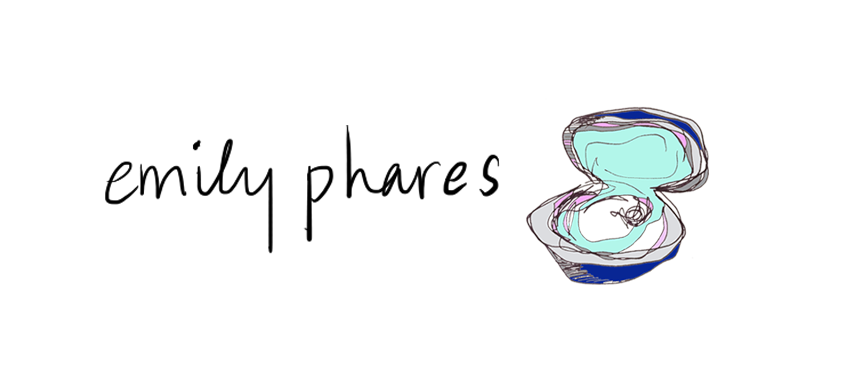Who's your health authority?
/The United States doesn't have a singular, strong food culture that acts as a national eating guide. This is great because we have a diversity of cuisines, but from a health standpoint, it's disadvantageous. Why? Because it complicates our relationship with food.
Countries like France and Japan, who tend to have a unified set of norms surrounding food and eating, don't need to over-think things. You eat the way you were taught to eat, and the way everyone around you eats. It's tradition, it's custom, it's habit. It becomes ingrained, automated and easy.
In the United States, we don't have the food history that other countries have. Our culinary traditions aren't as unified, nor as longstanding. As a result, we have a tremendous freedom in choosing how and what to eat. And while such freedom affords us wonderful dining experiences, it can also be a burden. We spend much more time thinking about what to eat. We don't have cultural guides to simplify things. Eating isn't natural and easy, it's complex and confusing.
Our culture reinforces this idea; look at the number of health experts we have touting what we should do -- and it's not only that we have so many "experts," but that they often espouse different views. As a result, many Americans are confused, if not overwhelmed. It seems that our mass media send an underlying message of "You don't know how to be healthy; listen to us." And we listen for the answers, but we don't get them. Maybe we're listening to the wrong sources.
I think it's important to step back and think about how we think about health. Who do you regard as your health "authority?" In thinking about this I came up with three primary sources of health expertise and authority:
Culture: History & cultural norms, family traditions, but also media messages. Culture can be a positive or negative influence.
Science: Academic research. Sets about quantifying health, attempts to categorize things in black-and-white terms in effort to conclude whether things are "good" or "bad" for us.
Intuition: You. Tuning in to your own thoughts, basing your health decisions on personal experience and observations. Intuition-based approaches can also focus on becoming attuned to your body's signals of hunger and satiety.
How do you make your food decisions? I imagine most of us incorporate some combination of the above. However, I think an important -- and under-emphasized -- factor in the health equation is stress. And in looking at the above authorities, I think turning to some authorities imposes a higher stress burden than others.
For example, relying on mainstream media for health advice, given the oft-changing nature of such advice, is probably stressful.
Likewise, relying on research to tell us definitively what's healthy or unhealthy can be stressful, as even methodologically sound research studies can be flawed. Mass media messages change fairly frequently, but academic research can change, too -- albeit usually over a longer period of time.
Intuition isn't necessarily a fool-proof approach, either. Some people want to be told exactly what to eat; they don't want to think about it. And maybe some people, if told to shun formal nutrition guidelines, would overeat processed foods.
Culture, science and intuition can all be strong guides -- either together or individually. I do think intuition is often overlooked, however, which is a disservice given that we then learn to trust others more than ourselves.
We often fall into a pattern of searching for answers, over and over, in a cyclical pattern. We find "the answer" only to declare a new "answer" next month. Guidance is necessary, and academic research is invaluable, but we need to remember that intuition -- though not a numbers-based "scientific" health approach -- is an important one. Most food research is backed by numbers, but we should also think about intuition and "numberless nutrition."

